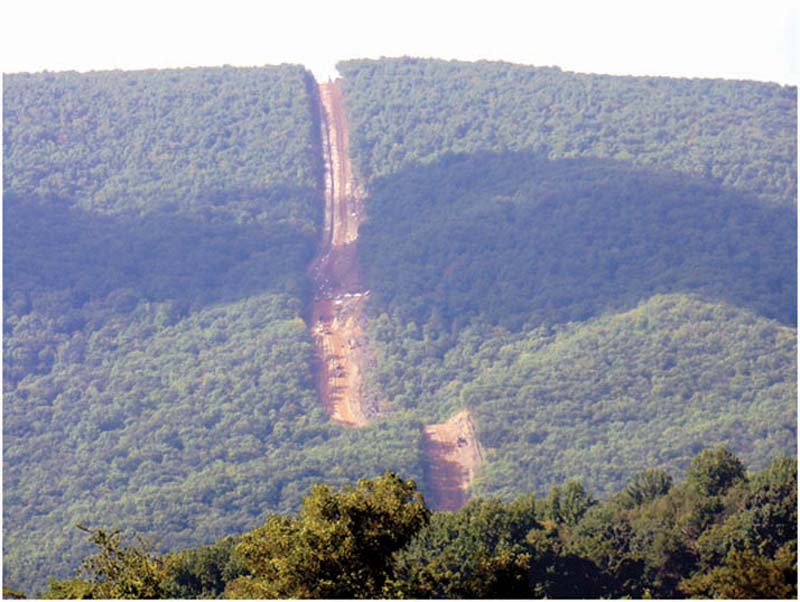 There are several very big pipelines that are proposed for West Virginia, including the Atlantic Coast Pipeline, the Mountain Valley Pipeline, the Mountaineer Xpress, and others. There’s a lot of debate over whether these pipelines are good, with most of the lines being drawn over environmental/economic arguments. Basically, if the environment is more important to you, then you oppose the pipelines and if the economy is more important to you then you support the pipelines.
There are several very big pipelines that are proposed for West Virginia, including the Atlantic Coast Pipeline, the Mountain Valley Pipeline, the Mountaineer Xpress, and others. There’s a lot of debate over whether these pipelines are good, with most of the lines being drawn over environmental/economic arguments. Basically, if the environment is more important to you, then you oppose the pipelines and if the economy is more important to you then you support the pipelines.
If you oppose the pipelines, then this article in the Register Herald holds a tasty tidbit for your consumption.
Autumn Crowe with the West Virginia Rivers Coalition said that even if the FERC green lights [the pipeline], if West Virginia fails to issue one of the permits, the project comes to a halt.
That’s something I had not realized until now, and I think a lot of other people hadn’t realized, either.
When I first started researching the pipelines it took about two seconds to discover that they would have the power of federal eminent domain. In other words, once the FERC gave permission for the project to proceed, any property the pipeline wanted to cross automatically and immediately belonged to them.
I didn’t think there was any way to stop that from happening.
FERC, after all, has only turned down a small handful of projects in its 39 years of existence. One Atlantic Coast Pipeline official I talked to said only four.
However, if you can show that the West Virginia Department of Environmental Protection shouldn’t issue one of the permits that the pipeline requires, it seems you can actually stop the process.
As I have become more opposed to the pipeline (not on environmental grounds) this gives me and my clients some hope.

